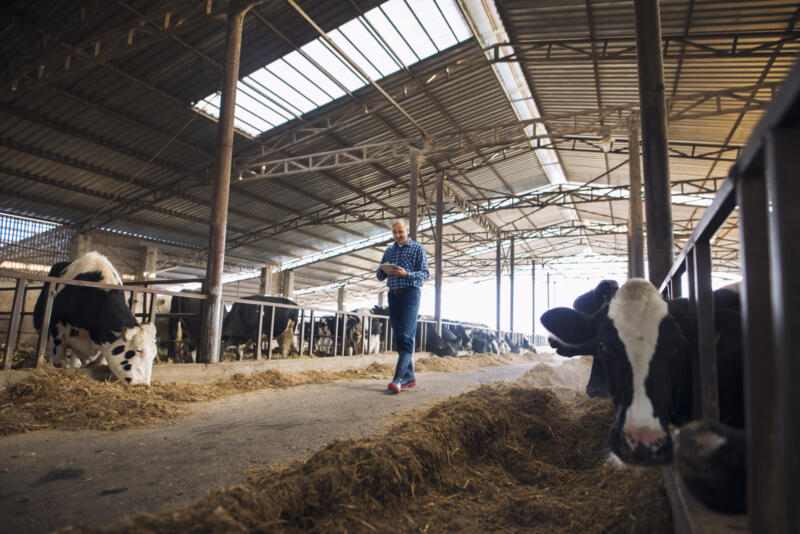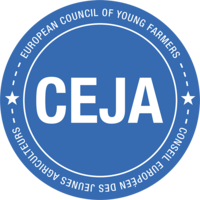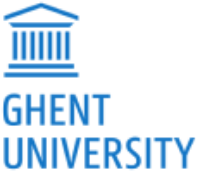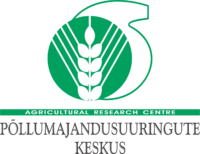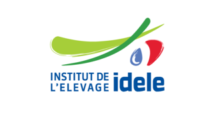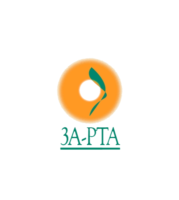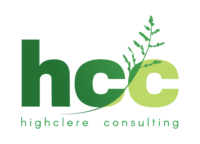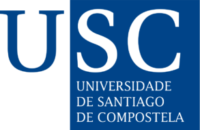Basic information gathered from the homepages of 102 Horizon2020 agricultural multi-actor projects and from CORDIS, the EU Commissions’ portal for EU funded research projects has now been collected as a part of the quest of the EUREKA project to identify best practices when working in a multi-actor setting . Out of this pool of projects, a subsample of 19 projects has been selected for an in-depth qualitative analysis, which are presently being interviewed to get the insights on the types of data and knowledge objects produced, how they are stored, disseminated and communicated, and how did the projects envisaged and applied the multi-actor approach.
The 19 projects picked out for further examination have been selected based on a number of criteria, such as project type, duration, topic and geography, Senior Researcher Marjeta Čandek Potokar from the Agricultural Institute of Slovenia and work package 1 co-leader, explains.“In the initial phase of EUREKA our work was to perform the screening of available information about all the multi-actor projects ; their outputs, ways they disseminate project results, their methods of communication etc., but of course the CORDIS portal and project webpages do not provide the complete picture as some deeper insight information and opinion of key actors in such projects cannot be gathered this way,” Marjeta explains.
The on-line interviews that are being carried out concern the discussion with most knowledgeable people of the project about the key outputs of the project and how multi-actor approach was implemented in the co-creation dissemination of the knowledge and communication strategies. Regarding the impact, only few projects will be examined in depth, but as Marjeta explains: “Each project was interviewed several times, on different aspects of interest, thus in reality the discussion always brings in the additional info on potential impact.”
For each aspect a specific questionnaire has been developed to ensure a homogenous approach and output from the interviews. The people interviewed are mainly project coordinators, but for certain aspects also others with key tasks or special knowledge on the topics are interviewed.
The plan is to have all the interviews completed by the end of June, and then the information from the interviews will be combined with the desktop analysis and analyzed during the summer. In addition, the results from in-depth interviews will be validated with an on-line survey to which all multi-actor project currently running will be invited. The specific ways how to perform the analysis and additional survey is being decided during these days, as the qualitative data derived from the interviews has to be analyzed quantitatively as well.
















